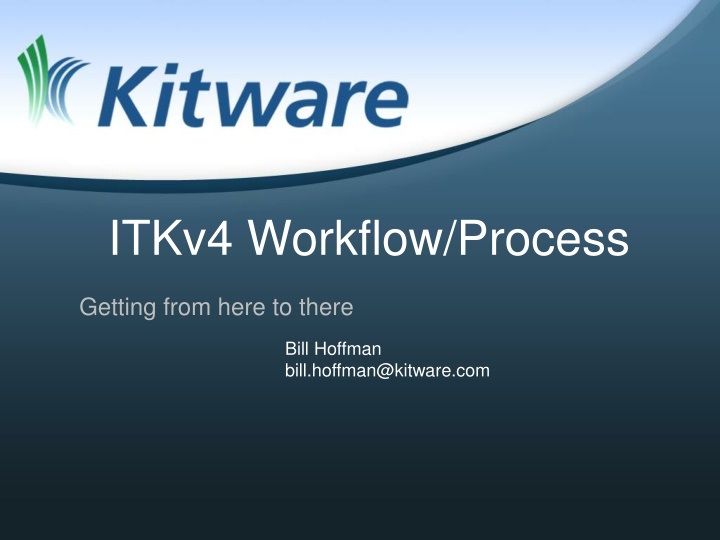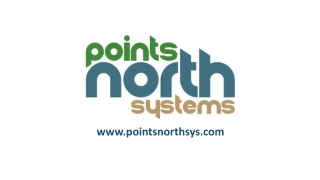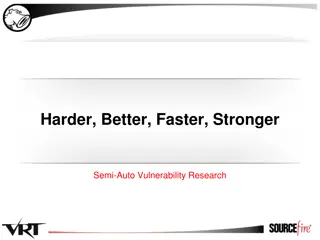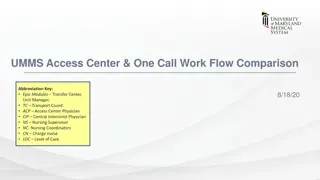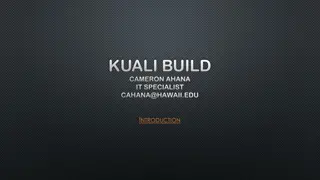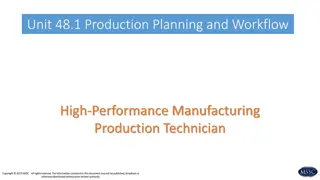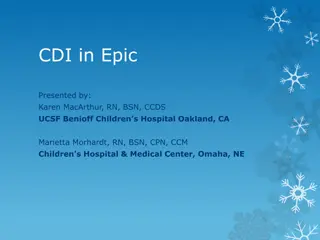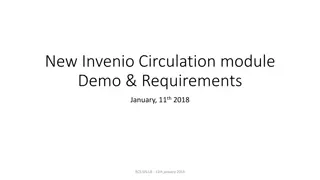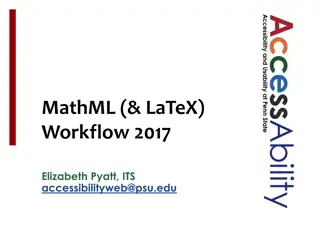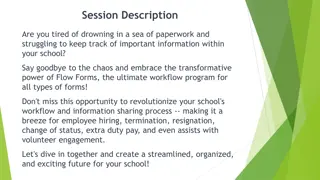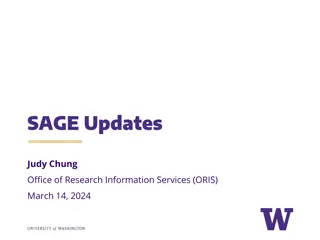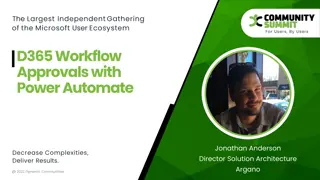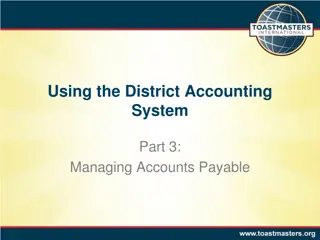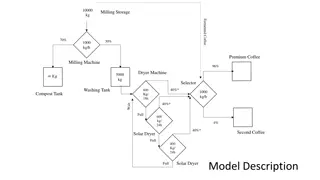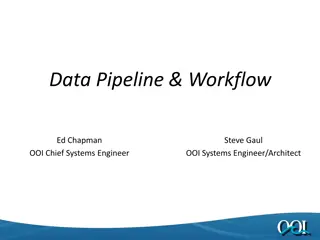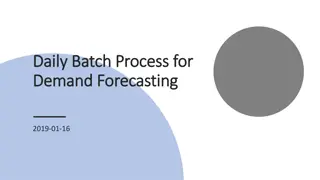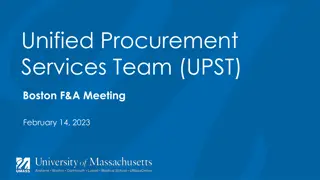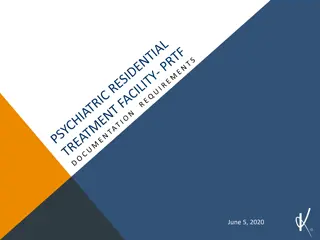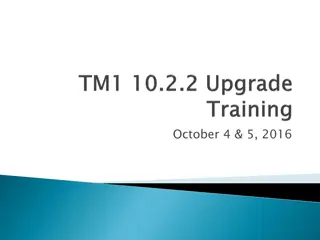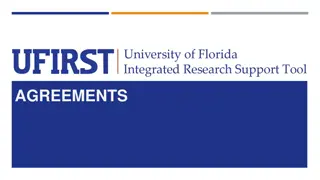ITKv4 Workflow Processes and Development at Kitware
Explore the ITKv4 workflow processes and software development at Kitware, including concepts like dogfooding, modernizing ITK software processes, utilizing CMake and Git workflows, and managing merges in the development stage.
Download Presentation

Please find below an Image/Link to download the presentation.
The content on the website is provided AS IS for your information and personal use only. It may not be sold, licensed, or shared on other websites without obtaining consent from the author.If you encounter any issues during the download, it is possible that the publisher has removed the file from their server.
You are allowed to download the files provided on this website for personal or commercial use, subject to the condition that they are used lawfully. All files are the property of their respective owners.
The content on the website is provided AS IS for your information and personal use only. It may not be sold, licensed, or shared on other websites without obtaining consent from the author.
E N D
Presentation Transcript
ITKv4 Workflow/Process Getting from here to there Bill Hoffman bill.hoffman@kitware.com
dogfooding or Drinking Our Own Champagne Eating your own dog food From Wikipedia, the free encyclopedia Eating your own dog food, also called dogfooding, is when a company uses the products that it makes For ITK lets say: Drinking our own beer
ITK Software Development 2.0 Modernize the ITK software process Easier to accept contributions Easier to move forward One of the deliverables of the Kitware ITKv4 effort will be this new process We need to use the process to developer ITKv4 (drink our own beer)
Overview CMake git based workflow Titan workflow ITKv4 workflow Current Future Scrum at Kitware (project managment process) Application to ITKv4 effort
master CMake Branchy Workflow Git Stage Repository $ git checkout master $ git pull $ git checkout b some-topic $ git push stage HEAD $ ssh git@cmake.org stage cmake print $ ssh git@cmake.org stage cmake merge -b next some-topic Weekly never ending candy merge some-topic next
Stage Tracks master and next merges $ ssh git@cmake.org stage cmake print cmake-gui-args-11388 | master=0 next=1 AddIARSupport | master=0 next=0 add-ProcessorCount-module | master=0 next=1 qtdialog-use-bundleutilities | master=0 next=1 PreferCMakeModulesByCMakeModulesWithPolicy | master=0 next=0 dev/strict-mode | master=0 next=1 FixBisonWithLocale | master=0 next=1 improve-HTML-test | master=0 next=1 CheckCompilerFlag-foreign-MSVC | master=0 next=1 document-custom-command-no-DEPENDS | master=0 next=1 issue_10201 | master=0 next=1 fix_osf_build | master=0 next=1
What is Titan? Informatics toolkit. Collaborative effort between Sandia National Laboratories and Kitware, Inc. Significant extension of VTK: Support the ingestion, processing and display of informatics data. Flexible, component based pipeline. Fields such as intelligence, semantic graph and information analysis.
Titan: Source Code Management New Git repository developed over last year. Designed to share Git submodules Seven Git submodules at present. Also downloads source tarballs for other dependencies. Aim to get developers/users up and running quickly. Builds dependencies such as VTK, Qt, Trilinos, curl, HDF5, Google protocol buffers. Can optionally build against system versions. The entire repository (including tarballs) can be downloaded builds on non-networked machines.
Titan: Build System New CMake based build system. Extensive use of external projects. Drive the build of Qt (from source tarball). Drives the build of VTK, Trilinos from the source tree in Git submodules. Largely use Git to pin a submodule. Move to newer versions when desired. Titan has a lot of dependencies.
master Titan: Workflow Employ a branchy workflow. Using the topic stage to merge. Dashboards test master and next. All developers can merge to both. Policy that all C++ code tests out in next before being merged into master. Stage provides overview of active topics. I largely manage submodules and third party libraries VTK moved often. some-topic next
Process needs to work from day one Just like CMake evolved with the original ITK effort, the process for ITKv4 will evolve as well Gerrit for review Topic Stage for merging CDash@HOME for testing Eventually Gerrit will take over topic stage
ITKv4 Tcon Scrum Proposal Change the weekly TCON to be Scrum based Have Mantis tasks that we track for each group Each group signs up for a group of tasks and reports on progress each week Tasks Gerrit reviews Bug s assigned to you
